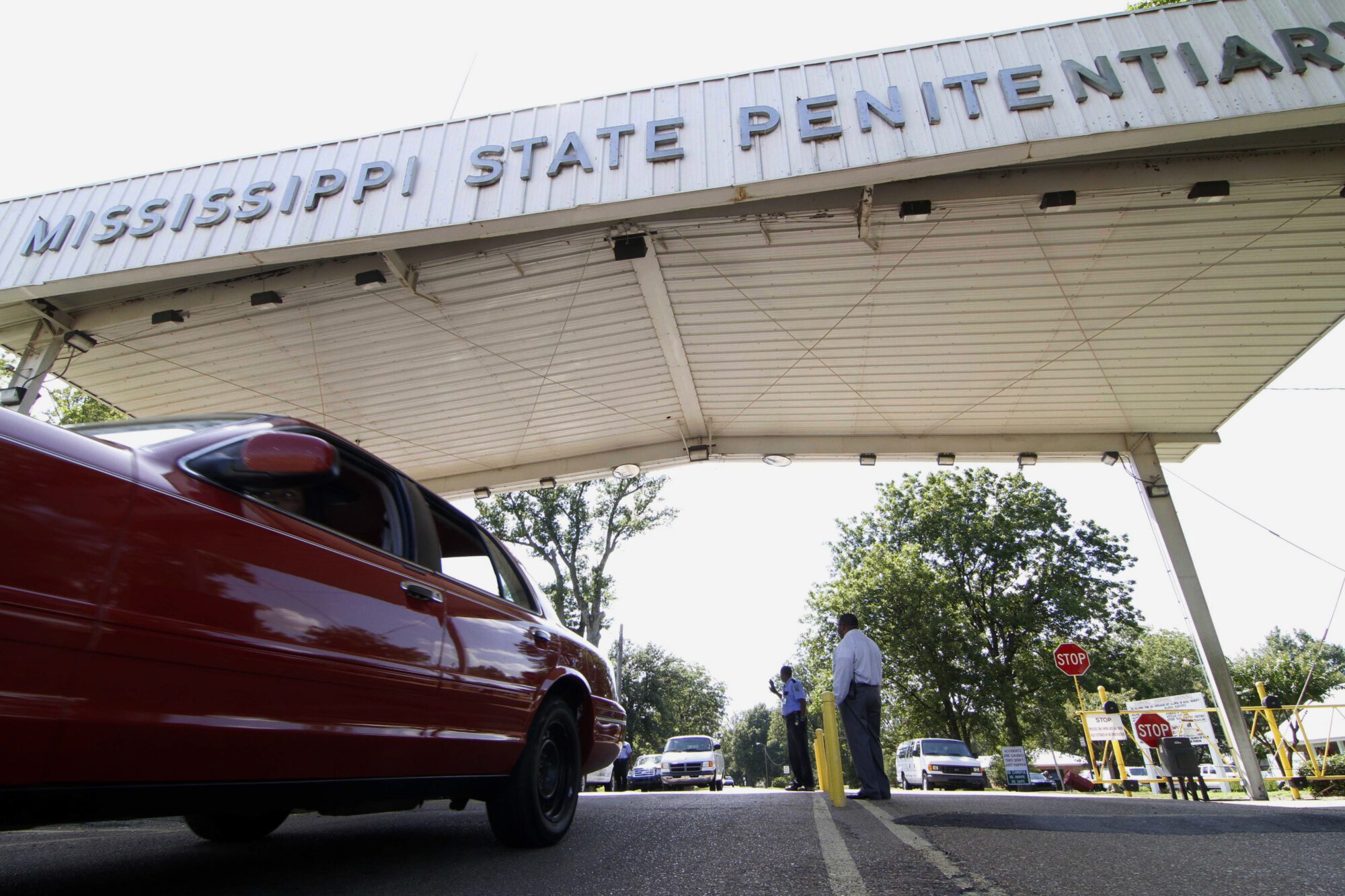
Every high priest chosen from among men is appointed to act on behalf of men in relation to God, to offer gifts and sacrifices for sins … No one takes this honor for himself, but only when called by God, just as Aaron was. So also Christ did not exalt himself to be made a high priest, but was appointed by him who said to him, “You are my Son, today I have begotten you”; as he says also in another place, “You are a priest forever, after the order of Melchizedek.” – Hebrews 5:1, Hebrews 5:4–6
The concept of priesthood and the sacrificial system is far removed from our contemporary Western world, but understanding it is fundamental to Christian living. The practice of animal sacrifice in Old Testament Israel was not a man-made system created as a futile attempt to reach God and make humans acceptable to Him. Rather, it was meant to help God’s covenant people understand His character, His expectations, and the wonder of His plan of redemption (and it can still help us in this way today). In all of its nuances, God was pointing His people toward the finished and perfect work of the Lord Jesus Christ, who would come both as His people’s Great High Priest and as the one perfect sacrifice offered on their behalf.
Historically, Israel’s high priest would have come from the line of Aaron, Moses’ brother, and would have been considered “chief among his brothers” (Leviticus 21:10). This individual would have experienced the same societal conditions, pressures, and trials as the men and women he was representing, which would have helped him to be a more compassionate advocate on their behalf.
Long before the arrival of Jesus, however, the historical pattern of high-priestly appointments had been corrupted by Herod the Great and other rulers, who chose the high priest for themselves. They didn’t understand that the high priest’s role was not an honor to be bestowed by man but ultimately a call from God, as it had been for Aaron. High priests were not to represent the political establishment; they were to represent God’s people to God Himself.
That is one of the factors that makes Jesus the very best high priest: He did not take upon Himself the glory of becoming a high priest; rather, He was appointed by the Father. He acknowledged, “If I glorify myself, my glory is nothing. It is my Father who glorifies me, of whom you say, ‘He is our God’” (John 8:54). He perfectly endured the same hardships we face. He has gone before Almighty God for our sins even though He was sinless. With a spirit of gentleness, Jesus spurs us toward righteousness. Because He offered the perfect sacrifice—indeed, because He was the perfect sacrifice—you and I can enjoy God’s presence both now and forevermore. No sin or suffering, no disappointment or despair, makes this glorious reality any less true: that you have a priest, forever, and therefore you have a place with Him, forever.











